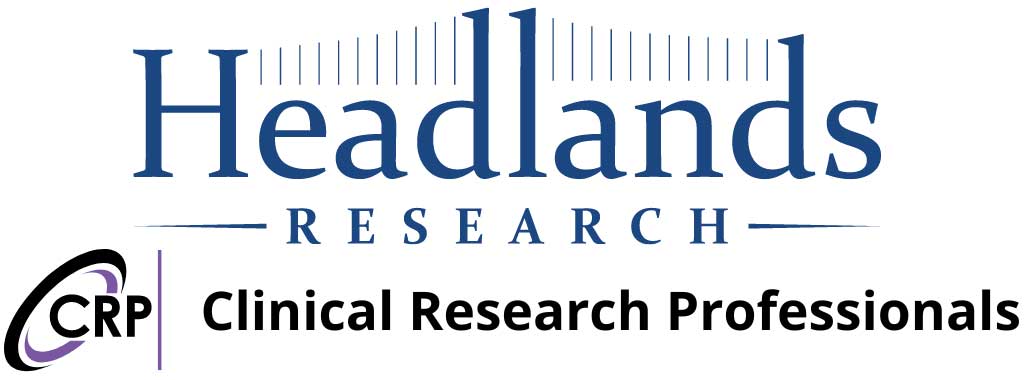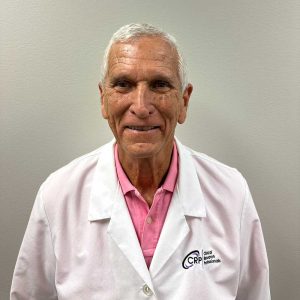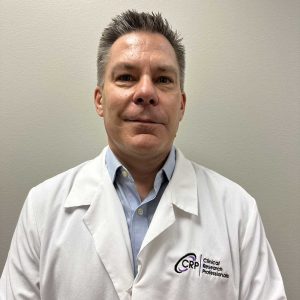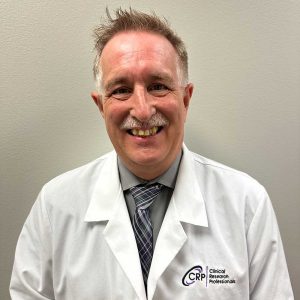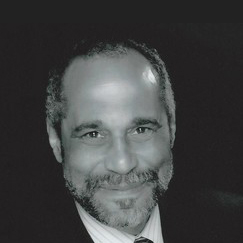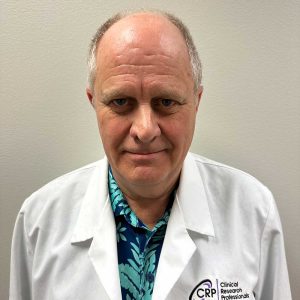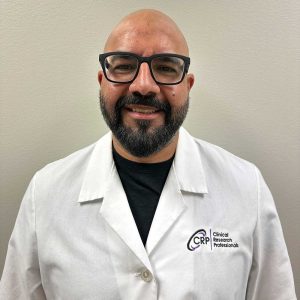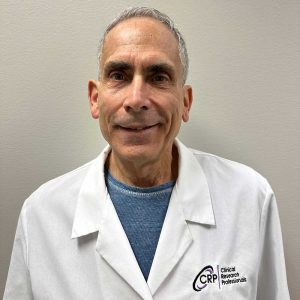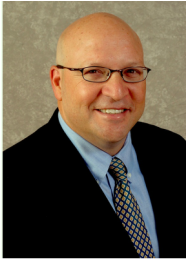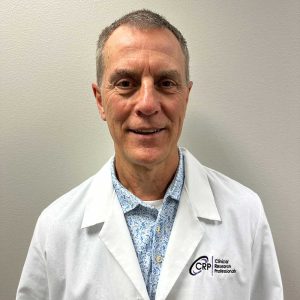About Clinical Trials
Frequently Asked Questions
Clinical Trials are research studies in which people volunteer to help find answers to specific health questions. Clinical trials are conducted for many reasons: To determine if a new drug or device is safe and effective for people to use, to study different ways to use current treatments or to learn how to safely use a treatment within a new population.
Phase 1 Study
Purpose: Safety & Dosage
Study Participants: 20-100
Length of Study: Several Months
During Phase 1 studies, researchers test a new drug in normal volunteers (healthy people). In most cases, healthy volunteers or people with the disease/condition participate in Phase 1. Phase 1 studies are closely monitored and gather information about how a drug interacts with the human body. As a Phase 1 trial continues, researchers answer research questions related to how it works in the body, the side effects associated with increased dosage, and early information about how effective it is to determine how best to administer the drug to limit risks and maximize possible benefits.
Phase 2 Study
Purpose: Efficacy & Side Effects
Study Participants: Up to several hundred
Length of Study: Several months to 2 years
In Phase 2 studies, researchers administer the drug to a group of patients with the disease or condition for which the drug is being developed. These studies aren't large enough to show whether the drug will be beneficial. Instead, Phase 2 studies provide researchers with additional safety data. Researchers will then use the data to refine research questions, develop research methods, and design new Phase 3 research protocols.
Phase 3 Study
Purpose: Efficacy & Monitoring of Adverse Reactions
Study Participants: 300-3,000
Length of Study: 1-4 years
Researchers design Phase 3 studies to demonstrate whether or not a product offers a treatment benefit to a specific population. Phase 3 studies provide most of the safety data. Because these studies are larger and longer in duration, the results are more likely to show long-term or rare side effects.
Phase 4 Study
Purpose: Safety & Efficacy
Study Participants: Several thousand volunteers who have the disease/condition
Length of Study: Several Years
Phase 4 trials are carried out once the drug or device has been approved by FDA. During this time, researchers continue to assess the effects of the drug(s).
The Informed Consent is a document that outlines all information on the study. Every person considering enrollment in a study must read and understand the Informed Consent. The medical doctor and study coordinator will answer any questions that you have on the study. Items that are listed in the Informed Consent include:
- The basic study design including what happens at each visit and all tests and treatments to be done
- The purpose of the study and why researchers believe the treatment may be beneficial
- The possible benefits and risks of the study and how they compare to the current approved treatments available
- The length of the trial
- Compensation you will receive for your time
- Who will be in charge of your care and how to contact them
The FDA works to protect participants in clinical trials and to ensure that people have reliable information before deciding whether to join. The government requires researchers to give prospective participants complete and accurate information about what will happen during the trial. Before joining a particular study, you will be given an informed consent document that describes your rights as a participant, as well as details about the study, including potential risks. Signing it indicates that you understand that the trial is research and that you may leave at any time. The informed consent is part of the process that makes sure you understand the known risks associated with the study.
Clinical trials help researchers find better treatments & offer hope for many. Treatments might be new drugs or new combination of drugs, new surgical procedures or devices, or new ways to use existing treatments.
Contribute to Medical Research
- You can help researchers study how a new test or treatment works. Your participation can ultimately lead to the development of new, better, & more affordable treatments in the future.
Access Care
- You can get more information about treatments and disease. Through participation in a clinical trial, you may have earlier access to potential new treatments that are not yet available to the public.
Discover Better Tests & Treatments
- You can help researchers find better ways to detect or treat a disease.
Potential Financial Benefits
- Clinical trials often provide compensation for your time & travel. This may help to alleviate the financial burden of transportation and compensation for the time volunteers need to spend at the clinical site.
Clinical trials involving new treatments must follow strict government regulations and ethical guidelines. All trials are reviewed by an ethics committee before they can start enrollment to ensure that the rights, safety, and wellbeing of the study participants will be protected, and that the research meets high scientific and quality standards.
As part of the ethical review process, the potential benefits of a trial will be weighed against the risks.
Potential disadvantages or risks may include:
- The study treatment may not work for you.
- You may experience side effects related to the study treatment or procedures.
- You may have to stop your regular medications or other treatments during the study.
- You may have to visit the study site often and some visits may be lengthy.
Now that you've found a specific study you'd like to participate in, you may be wondering "What's Next?"
Pre-Screening
You'll answer questions about your health and medical history (usually online or over the phone) and make an appointment to learn more.
Informed Consent
At your first visit, you will receive a document called "Consent to Participate in a Clinical Research Study," or Informed Consent Form (ICF), which explains the study in straightforward language. After a member of our research team explains the details of the study, you will be asked to sign the document only after carefully considering the commitment and discussing the protocol with family / friends, if you so choose. At any time after signing the ICF, you have the right to change your mind and withdraw from the clinical trial or refuse particular treatments or tests.
It is important you understand what to expect during a clinical trial, as well as your role. At Clinical Research Professionals (CRP), our research team is here to answer any questions or concerns you may have about joining a clinical trial.
Here's what your first visit may look like:
- We'll take a copy of your photo ID as soon as you arrive
- A research coordinator and / or study physician will explain the purpose of the study and answer any questions you may have
- If you agree to participate, you'll be asked to read and sign an informed consent form (ICF) that details the study schedule, procedures and more
- We'll take a detailed medical / social history
- We'll take blood and urine samples (if required for your study of interest)
- We may measure your blood pressure, pulse, height / weight, temperature & obtain an ECG (if required for your study of interest)
- Our research team will let you know the next steps based on the particular study, and possibly schedule you for a follow-up visit (the number of visits & length of time between visits depends on the treatment & clinical trial design)
Clinical trials are meticulously designed and closely monitored to ensure that each participant gets the highest standard of care throughout the entire process. There are a series of rules that must be followed in order to keep you safe. Even before your visit, there are certain steps we must take to make sure you and your health qualify for a particular study. Once you come in for your initial visit, we will make sure that you are aware of these rules and protocols that keep you and your health information safe. The choice to participate is always voluntary, and you can change your mind at any time.
Confidentiality
Your information is protected unless you agree, in writing, that researchers can disclose it. The Health Insurance Portability and Accountability Act of 1996 (HIPAA) protects your information, including during clinical trials.
HIPAA is a federal law creating national standards to protect sensitive patient health information. It prevents others from disclosing your information without your consent or knowledge.
